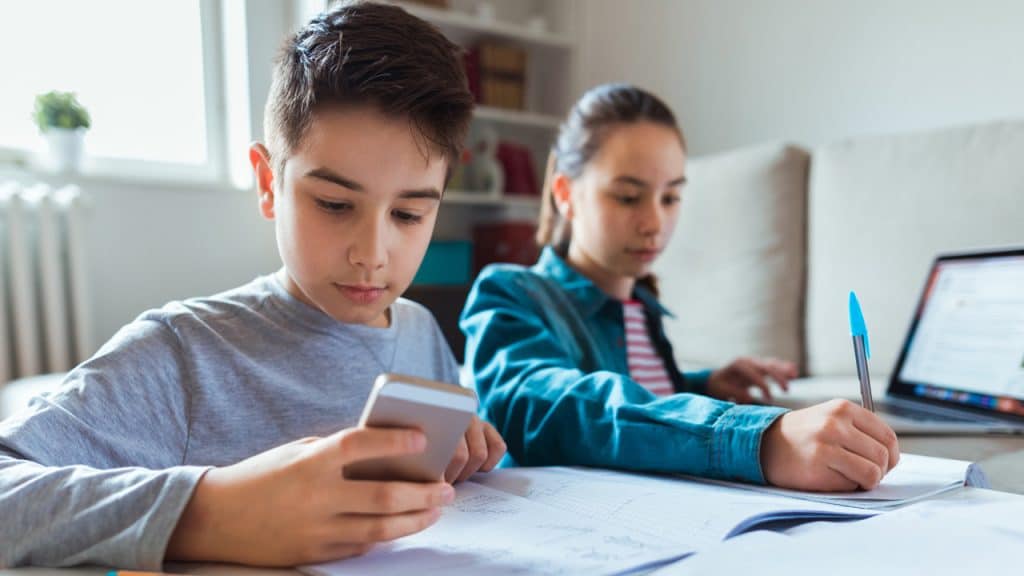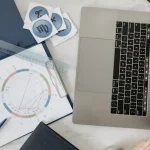During a well child checkup, pediatricians often discuss a child’s screen time habits because of the growing influence of digital devices on daily life. Children today spend more hours than ever on phones, tablets, and computers, which can directly impact their physical and emotional health. Too much time in front of screens has been linked to sleep disturbances, reduced physical activity, and behavioral challenges. Doctors use these appointments to help parents set realistic limits and create balanced routines. A checkup provides the opportunity to evaluate how screen habits affect learning, mood, and social development. By addressing these patterns early, pediatricians guide families toward healthier lifestyle choices.
How Does Screen Time Affect Physical Health?
Extended screen use can influence a child’s physical well-being in several ways. Children who spend long hours on devices may be less likely to engage in physical activity, contributing to higher risks of obesity and poor cardiovascular health. Excessive screen use is also linked to eye strain, headaches, and posture problems from sitting in one position too long. Blue light exposure from screens can interfere with melatonin production, making it harder for children to fall asleep and stay rested.
Sleep quality is vital for growth, learning, and overall development, so this disruption can have lasting consequences. During checkups, pediatricians often ask about these health concerns to identify patterns connected to screen use. By monitoring these effects, families can make adjustments that better support a child’s physical health. Beyond physical health, screen habits can influence a child’s emotions and relationships. Too much time spent on devices often reduces opportunities for face-to-face interactions, limiting the development of strong social skills.
Studies suggest that children who overuse screens may experience increased anxiety, irritability, or difficulty focusing on tasks. Social media and online gaming can also contribute to feelings of isolation or comparisons that negatively affect self-esteem. At a well child checkup, pediatricians may ask questions about mood changes or behavioral challenges linked to screen time. By addressing these concerns, doctors help parents recognize when digital use may be interfering with emotional balance. With guidance, families can build strategies to encourage healthier interactions both online and offline.
How Can Parents Manage Screen Time at Home?
Managing screen use starts with setting clear and consistent boundaries. Pediatricians often recommend creating screen-free times, such as during meals and before bedtime, to encourage family interaction and restful sleep. Parents can also establish daily limits based on age and encourage alternative activities like outdoor play, reading, or hobbies.
Using parental controls and monitoring content helps ensure children access safe and age-appropriate media. Families benefit from modeling balanced screen behavior, since children often copy adult habits. At well child checkups, pediatricians can suggest age-specific guidelines and practical strategies for reducing reliance on devices. These changes allow families to build healthier routines that support both physical and emotional well-being.
Address Screen Time at Your Child’s Next Well Child Checkup
Screen habits have become a key part of conversations around child health, and addressing them during a well child checkup ensures families get tailored guidance. With professional support, parents can better understand how screen use impacts sleep, physical activity, and social development. Small adjustments to daily routines can create meaningful improvements in a child’s health and behavior. By working together with healthcare providers, families can set goals that promote balance in a technology-driven world. Screen time does not have to be harmful if managed with intention and structure. If you’re concerned about your child’s habits, bring it up at their next appointment. Your pediatrician can provide the tools and support needed for healthier screen use.







